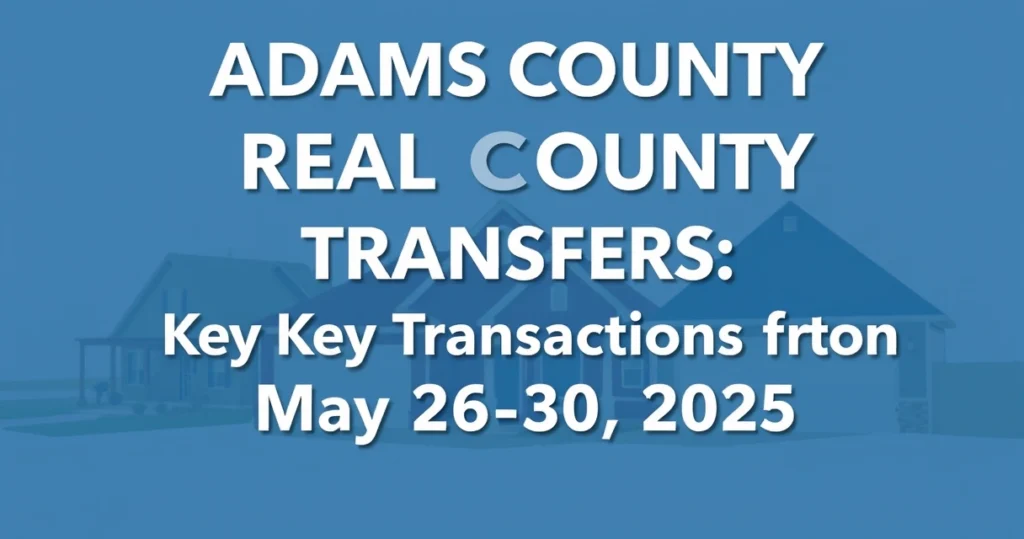Hong Kong’s Stock Market Bounces Back: What Lies Ahead for Real Estate?
Hong Kong’s stock market has recently shown signs of recovery, signaling a potentially positive shift for various sectors, including real estate. After a tumultuous period marked by economic uncertainties and fluctuating interbank offered rates, investors are cautiously optimistic about the future. The decline in interbank offered rates, which is a benchmark for lending rates, may provide some relief to the real estate sector. However, underlying challenges persist that could hinder sustained growth in this vital industry.

This article will explore the current state of Hong Kong’s stock market, the implications of falling interbank offered rates, and the broader economic challenges facing the real estate sector. By analyzing these factors, we can gain a clearer understanding of what lies ahead for real estate in Hong Kong.
The Current State of Hong Kong’s Stock Market
In recent months, Hong Kong’s stock market has experienced a notable bounce back, recovering from a prolonged decline. Several factors have contributed to this rebound, including a stabilization of global economic conditions, easing of pandemic-related restrictions, and increased foreign investment. The Hang Seng Index, which serves as a barometer of market performance, has shown resilience, reflecting growing investor confidence.
Key Contributors to Market Recovery
- Global Economic Stabilization: As major economies begin to recover from the impact of COVID-19, investor sentiment has improved, positively influencing Hong Kong’s market.
- Increased Foreign Investment: With attractive valuations, Hong Kong remains a key destination for foreign investors looking to capitalize on recovery opportunities.
- Government Support: Policies aimed at stimulating economic growth, including fiscal measures and infrastructure spending, have bolstered market confidence.
The Role of Interbank Offered Rates in Real Estate
Interbank offered rates, particularly the Hong Kong Interbank Offered Rate (HIBOR), play a crucial role in the financial landscape, influencing borrowing costs for consumers and businesses alike. A decline in these rates typically signals lower borrowing costs, which can stimulate activity in the real estate sector. Lower rates make mortgages more affordable, potentially increasing demand for properties.
Implications for Homebuyers and Investors
The decrease in interbank offered rates may offer several advantages for homebuyers and property investors:
- Lower Mortgage Rates: As banks adjust their lending rates, prospective homeowners may find it easier to secure favorable mortgage terms.
- Increased Demand: The affordability of loans could encourage more buyers to enter the market, driving demand for residential properties.
- Investment Opportunities: Investors might see an opportunity to acquire properties at a lower cost of financing, potentially leading to higher returns.
Underlying Challenges in the Real Estate Sector
Despite the potential benefits of declining interbank offered rates, the real estate sector in Hong Kong faces several underlying challenges that could dampen its recovery:
Economic Challenges
Hong Kong’s economy is grappling with several structural issues, including:
- High Property Prices: The city’s real estate market has long been characterized by exorbitant property prices, making it difficult for average citizens to afford homes.
- Supply Shortages: A lack of available land and prolonged bureaucratic processes have led to a supply-demand imbalance in the housing market.
- Geopolitical Uncertainties: Ongoing political tensions and trade disputes with major powers pose risks to investor confidence and economic stability.
Market Outlook: What Lies Ahead for Real Estate?
Looking ahead, the outlook for the real estate sector in Hong Kong remains mixed. While declining interbank offered rates may stimulate short-term demand, long-term growth will depend on addressing structural challenges and improving overall economic conditions.
Potential Drivers of Change
- Government Policy Initiatives: Effective policies aimed at increasing housing supply and promoting affordable housing could alleviate some pressure on the market.
- Technological Innovations: The adoption of technology in real estate transactions and property management could streamline processes and enhance efficiency.
- Global Economic Recovery: Continued recovery from the pandemic at a global level will likely influence investor confidence and market dynamics.
Frequently Asked Questions (FAQ)
1. How do interbank offered rates affect the real estate market?
Interbank offered rates influence the cost of borrowing, including mortgages. Lower rates typically make loans more affordable, potentially increasing demand for real estate.
2. What are the current challenges facing Hong Kong’s real estate sector?
Key challenges include high property prices, supply shortages, and geopolitical uncertainties that affect investor confidence.
3. Is the current bounce back in the stock market sustainable?
While the stock market recovery is promising, sustainability will depend on addressing economic challenges and maintaining investor confidence.
4. What role does government policy play in the real estate market?
Government policies can significantly impact housing supply, affordability, and overall market stability, influencing both consumer behavior and investor sentiment.
5. What should investors consider before entering the Hong Kong real estate market?
Investors should evaluate market conditions, potential risks, government regulations, and long-term economic forecasts before making investment decisions.
Conclusion
Hong Kong’s stock market is showing signs of recovery, buoyed by a decline in interbank offered rates that could benefit the real estate sector. However, significant underlying challenges persist, including high property prices and supply shortages, which could hinder sustainable growth. As investors and homebuyers navigate this evolving landscape, it is essential to remain informed about economic indicators and government policies that will shape the future of Hong Kong’s real estate market. With careful consideration and strategic planning, opportunities for growth and investment may still exist amidst the complexities of this dynamic market.
📰 Original Source
Este artigo foi baseado em informações de: https://www.scmp.com/opinion/hong-kong-opinion/article/3313616/hong-kongs-stock-market-has-revived-what-property-sector


